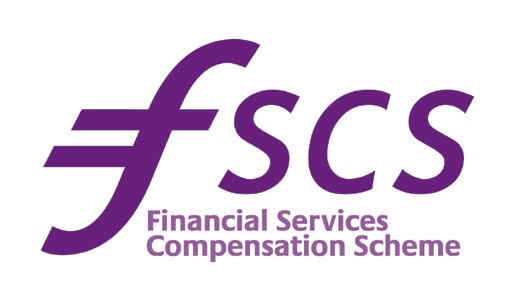Will you have too much invested with your bank after January 2016?
The Financial Services Compensation Scheme is an independent body, set up under the Financial Serices and Markets Act 2000, and is the UK’s statutory compensation scheme for customers of authorised financial services firms. It can pay compensation if a firm is unable, or likely to be unable, to pay claims against it.
The scheme covers deposits, insurance policies, insurance brokering, investments, mortgages and mortgage arrangement. FSCS is free to consumers and, since 2001, has helped more than 4.5 million people and paid out more than £26 billion. It is funded by levies on firms authorised by the Prudential Regulation Authority and the Financial Conduct Authority.
Changes to the compensation limit on deposits
If your bank, building society or credit union fails, the FSCS currently protects your eligible deposits up to a limit of £85,000 (or £170,000 in joint accounts). However, on 1st January 2016, the deposit protection limit is changing from £85,000 to £75,000. This recalculation of the threshold (which was increased from £35,000 to £50,000 in 2008 and then to £85,000 in 2011) follows falls in the value of the euro against the pound.
The limit is set by an EU directive that fixes the level of protection across the European Union at €100,000 or its equivalent. When the level was agreed in 2010, that figure equaled £85,000. But because the euro has fallen against the pound, it is being reset according to exchange rates today.
What about investments, mortgages, pensions and insurance?
Other than deposits, the compensation limits (which can be seen in the table below) are not changing in January 2016.
| Percentages | Maximum Compensation | |
| Deposits | 100% of the first £85,000 per person per firm (for claims against firms declared in default from 31 December 2010). 100% of the first £50,000 per person per firm (for claims against firms declared in default from 7 October 2008). | £85,000 (£75,000 from 1st January 2016) |
| Investments | 100% of the first 100% of the first £50,000 per person per firm (for claims against firms declared in default from 1 January 2010). | £50,000 |
| Mortgage advice and arranging | 100% of the first £50,000 per person per firm (for claims against firms declared in default from 1 January 2010). | £50,000 |
| Insurance Business (e.g. pensions, life assurance, home and travel) | 90% of the claim with no upper limit. Compulsory insurance is protected in full. | Unlimited |
| General insurance advice and arranging (for business conducted on or after 14 January 2005) | 90% of the claim with no upper limit. Compulsory insurance is protected in full. | Unlimited |
What should you do?
If you have eligible deposits of over £75,000 in any single bank or building society, you probably won’t be fully covered after 1st January 2016. And look out for banks that share a banking licence because they are part of the same banking group. Bank of Scotland, for instance, shares a licence with AA, Aviva, BM Savings (Birmingham Midshires), Halifax, Intelligent Finance, SAGA, and St James’s Place. If your savings are split between any of these banks and amount to more than £75,000, you may not be covered. (HSBC Bank and First Direct also share the same banking licence.)
Why not contact your financial adviser and ask him or her to check your finances for you, to give you peace of mind before next January? If you act in time, you may be able to avoid any risk of not being completely covered by the FSCS.

